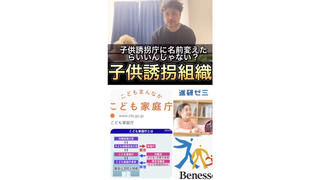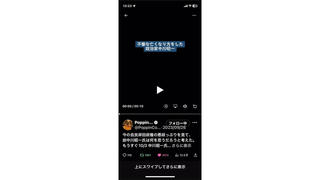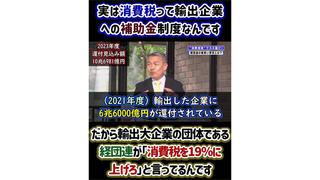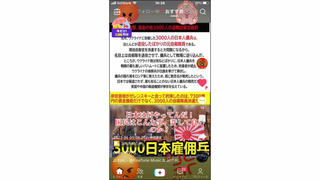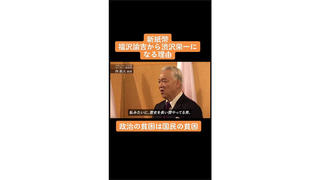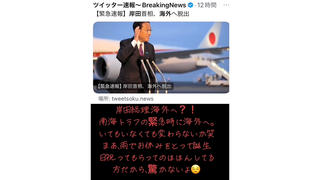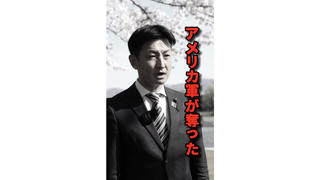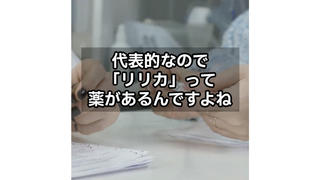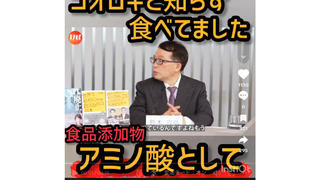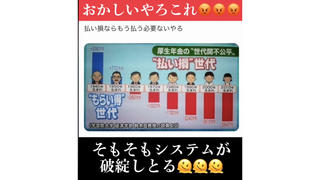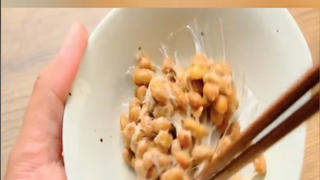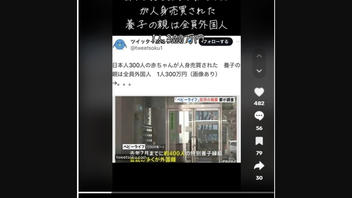
Was Japanese adoption agency Baby Life involved in "trafficking" and "selling" 300 babies to foreign adoptive parents for ¥300,000 (approximately 2,000 USD) each? No, that's not true. These babies were voluntarily put up for adoption by their parents, and the ¥300,000 fee was used to carry out background checks on potential adoptive parents to ensure their eligibility to adopt.
The claim appeared on TikTok (archived here) where it was published by user @kjcaptain on December 26, 2023. The TikTok video depicts a screenshot of a repost of a news article on X (formerly Twitter; archived here). The headline and the caption of the post, translated from Japanese to English by Lead Stories staff, read:
300 Japanese babies have been trafficked. The adoptive parents are all foreigners. One baby costs ¥300,000.
This is what the post looked like on TikTok at the time of writing:
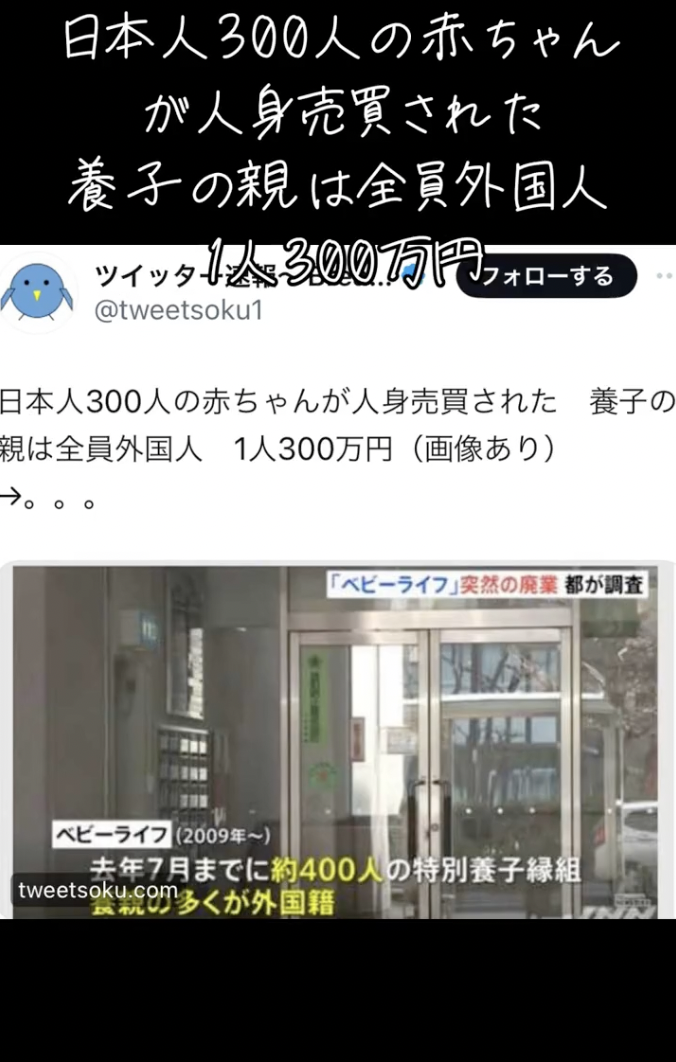
(Source: TikTok screenshot taken on Sun Jan 21 22:52:57 2024 UTC)
Baby Life experienced a significant controversy (archived here) involving babies and their adoptive parents, who, it was revealed, happened to be mostly foreigners (archived here), while domestic adoptions were supposed to be prioritized, in principle (archived here). However, the infants were not trafficked, as biological parents willingly entrusted the agency to put their children up for legal adoption.
Concerns, though, were raised when Baby Life abruptly shut down and "disappeared" in 2020, with speculation from former employees attributing difficulties to soaring operational costs and reduced staff during the COVID-19 pandemic. When the agency shut down, many children were left without the possibility of contacting their biological parents since they could not access their records through Baby Life, and the Japanese law (archived here) states that adopted children have the right to know who their biological parents are.
Before the controversy (archived here), Baby Life stood as a reputable adoption agency, primarily dedicated to assisting parents who lacked the means to care for their children or to provide a suitable environment for them. These infants would be entrusted to eligible adoptive parents, all while keeping their biological parents' information listed in the family register, with the agency. This was done to ensure that, as the children grew older and sought information about their biological roots, they could easily contact their parents through those registers.
The ¥300,000 fee was not the "cost" of a baby, as claimed in the TikTok, but covered expenses for background checks and surveys (archived here) carried out by Baby Life or third-party non-profit organizations such as Florence (archived here). These measures were in place to verify the eligibility of adoptive parents to care for the baby.


